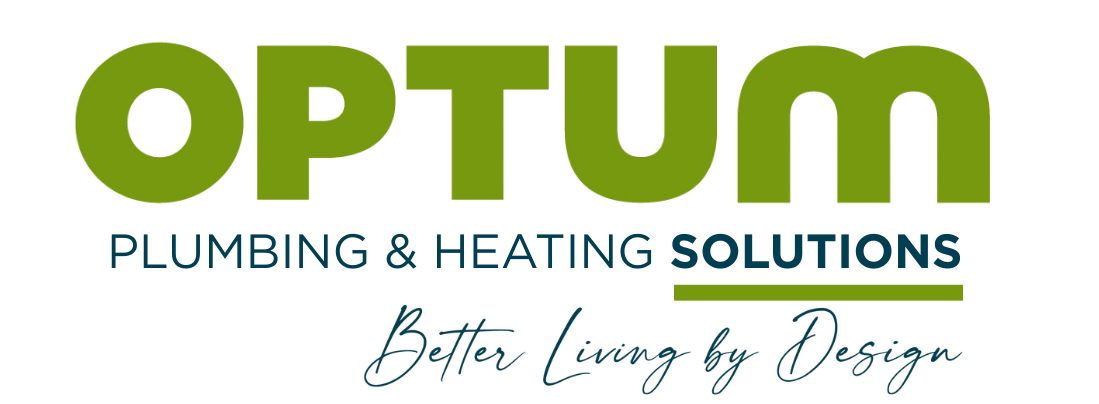Waste disposal units are popular in NZ homes but when they are blocked it can be very frustrating and expensive to repair. Waste disposal manufacturers have different advice on what you can and cant dispose of in their units.
Here we have prepared a general guide for most units that will ensure that your waste disposal system doesn’t get blocked in the future. Follow these best practices and maintenance tips:
Do’s for Waste Disposal Maintenance
- Use Cold Water: Always run a steady stream of cold water before, during, and after using the disposal. Cold water helps make it easier for food waste to be ground/chopped up and flushed through the system.
- Small Batches: Feed waste into the disposal in small batches rather than all at once. This ensures the grinder works at an optimum level and doesn’t get clogged.
- Regular Cleaning: Periodically clean your disposal to prevent build-up. You can do this by filling the sink with hot water and detergent before turning on the waste disposal and letting it run through.
Don’ts for Waste Disposals to Avoid Clogs
- No Grease, Oil, or Fat: Never pour grease, oil, or fat down the disposal. These substances solidify and create blockages in your pipes.
- No Fibrous Foods: Avoid grinding fibrous foods like celery, corn husks, onion skins, and artichokes.
- No Hard Materials: Do not put hard materials such as bones, fruit pits, or shells (like from shellfish) into the disposal. These can damage the blades/grinder and motor.
- No Starchy Foods: Be cautious with starchy foods like pasta, rice, and potato peels. These can form a thick paste and clog your disposal and pipes.
- No Non-Food Items: Ensure only food waste goes into the disposal. Items like plastic, paper, metal, or glass will severely damage the disposal.
Routine Maintenance Tips
- Monthly Deep Clean: Perform a deep clean once a month. You can use a mixture of baking soda and vinegar or dishwashing detergent. Pour half a cup of baking soda into the disposal, followed by a cup of vinegar. Let it fizz for a few minutes, then flush with hot water.
- Avoid Chemical Drain Cleaners: Chemical drain cleaners can damage your disposal and pipes. Stick to natural cleaning methods or use products specifically designed for garbage disposals.
- Check for Leaks: Regularly inspect the disposal and the area under the sink for leaks. Address any leaks promptly to prevent water damage and mould growth.
- Professional Inspection: If you notice persistent issues or slow drainage, consider having a professional inspect and service your disposal system before it gets clogged.
*Coffee Grounds and Eggshells
We are often asked if it is okay to put eggshells and coffee grounds in a waste disposal? Neither of these materials is specifically harmful to a disposal however, problems can arise with household plumbing and drains – especially if it is an older system or has not been flushed or checked in years.
By following these guidelines, you can keep your waste disposal system running smoothly and avoid clogs and breakdowns. If you need any help with your waste disposal contact Optum the Queenstown and Wanaka plumbing specialists:
Call: 03 443 5718
Email: admin@optum.co.nz
